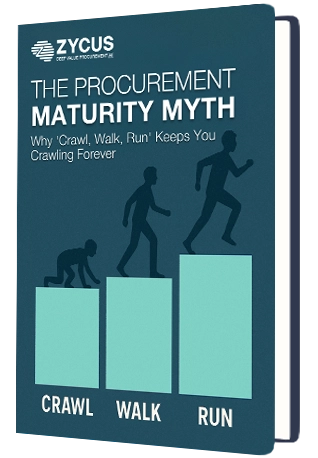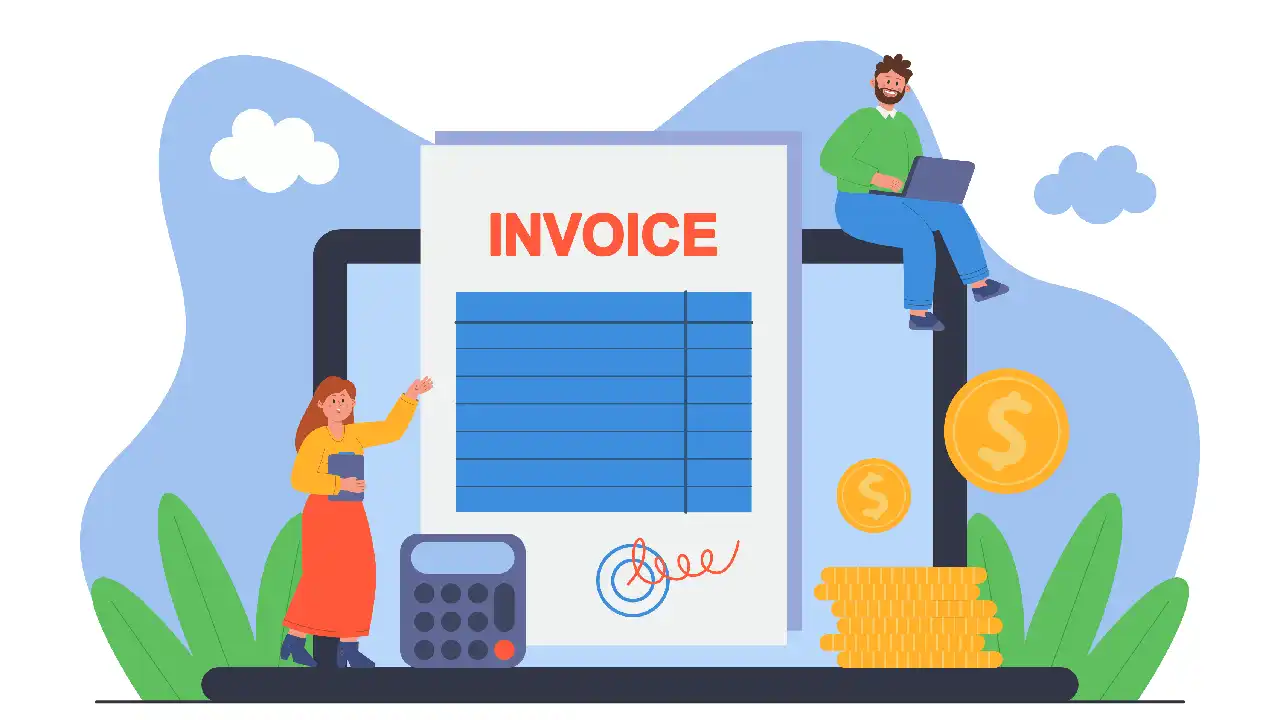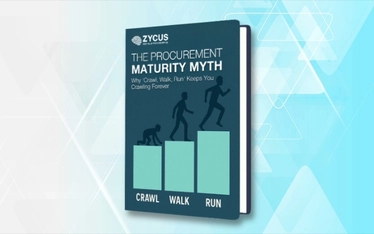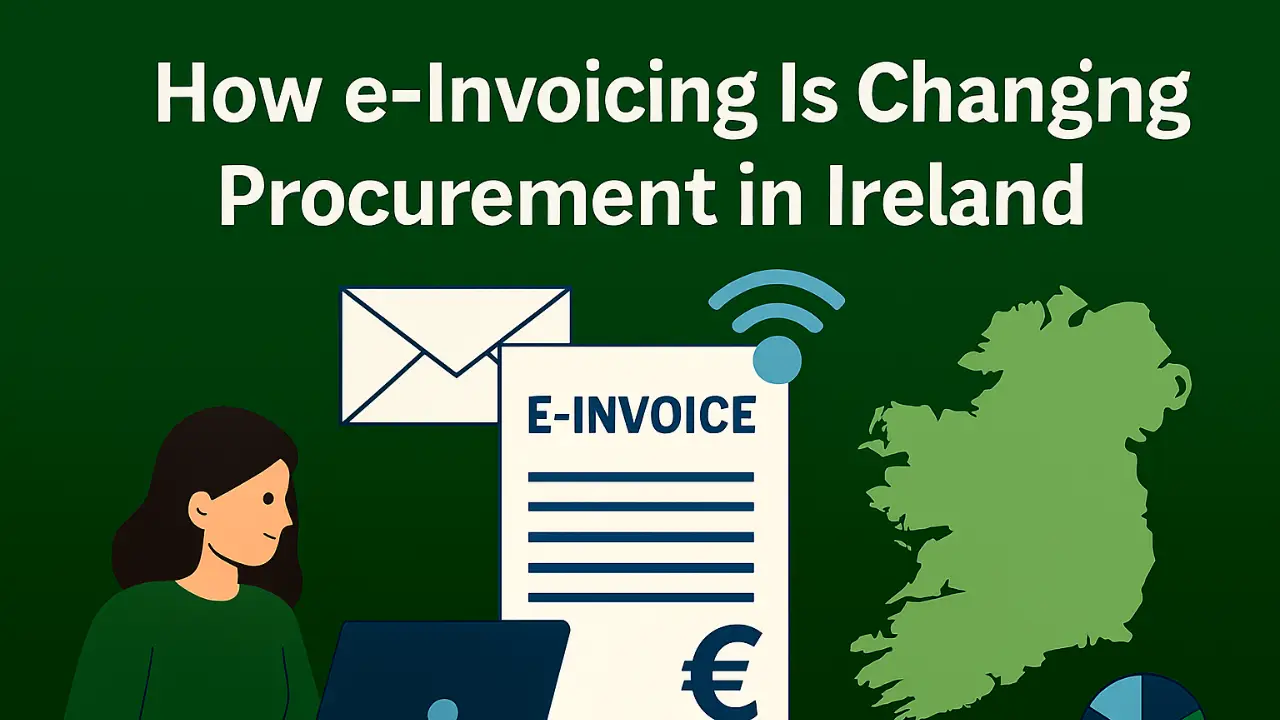In today’s dynamic business environment, organizations are under increasing pressure to improve financial efficiency, optimize working capital, and strengthen supplier trust. At the heart of these goals lies invoice management—a process often overlooked but critical to overall financial health.
Whether you are a growing enterprise or a global corporation, modern invoice management has evolved from being a back-office function to a strategic enabler of financial agility. By leveraging automation, AI, and compliance-ready solutions, businesses can move beyond manual processes and unlock real value across accounts payable (AP).
TL;DR
- Invoice management is the end-to-end process of receiving, validating, approving, paying, and archiving supplier invoices- critical for financial efficiency and compliance.
- Manual processing is slow, error-prone, and costly, while automated invoice management improves accuracy, speeds up approvals, and enhances supplier relationships.
- Modern systems leverage AI, ML, OCR, and blockchain to detect errors, ensure compliance, and provide predictive insights into cash flow.
- E-invoicing mandates are growing worldwide (EU, India, Latin America), making compliance a non-negotiable requirement for enterprises.
- Best practices include digitization, centralized systems, analytics-driven insights, and transparent supplier collaboration.
- Zycus’ AI-powered solutions transform invoice management into a strategic advantage by optimizing cash flow, ensuring compliance, and boosting supplier trust.
What is Invoice Management?
At its core, invoice management is the end-to-end process of receiving, validating, approving, paying, and recording supplier invoices. It ensures that every invoice is processed accurately, suppliers are paid on time, and financial records remain compliant and audit-ready.
Traditionally, invoice processing was paper-based- relying on physical mail, email attachments, and manual data entry. But with growing transaction volumes, compliance mandates, and global supply chains, this manual approach has become slow, error-prone, and costly.
Today, invoice management software solutions streamline these tasks by automating data capture, approval workflows, payment scheduling, and compliance reporting. This not only reduces costs but also enables finance teams to shift their focus from routine tasks to strategic initiatives like early-payment discounts, spend analysis, and supplier collaboration.
Why Invoice Management Matters
Effective invoice management is more than just a finance function, it has a direct impact on organizational performance. Here’s why it matters:
1. Improved Cash Flow Management
Invoices represent outgoing cash commitments. Efficient management ensures payments are scheduled strategically, helping businesses maintain healthy liquidity and take advantage of early payment discounts.
2. Cost Control & Error Reduction
Automation reduces manual data entry errors, duplicate payments, and late fees, while also preventing fraud.
3. Supplier Relationship Strengthening
Timely, transparent payments build trust with suppliers, leading to stronger partnerships, better negotiation power, and supply chain resilience.
4. Regulatory Compliance
With e-invoicing mandates on the rise across regions like the EU, India, and Latin America, robust invoice management ensures compliance with tax and reporting regulations.
5. Operational Efficiency
Automated systems process invoices faster, freeing AP teams to focus on analytics, budgeting, and strategic planning.
The Invoice Management Process: Step by Step
A well-defined invoice management system covers the complete lifecycle of an invoice.
1. Invoice Capture
Invoices arrive through different channels, paper, email, supplier portals, or EDI (Electronic Data Interchange). Modern systems use OCR (Optical Character Recognition) and AI-powered data capture to digitize and extract information automatically.
2. Invoice Validation
Data is verified for accuracy: vendor details, invoice number, PO (Purchase Order) reference, tax details, and payment terms.
3. Matching
The system performs two-way or three-way matching by cross-checking invoices against purchase orders and goods receipts. This ensures only legitimate invoices move forward.
4. Approval Workflow
Invoices are routed to relevant stakeholders for approval. Automated workflows reduce bottlenecks, ensuring faster cycle times.
5. Payment Execution
Once approved, payments are scheduled as per terms, via bank transfers, digital payments, or integrated ERP systems.
6. Recording & Archival
Every transaction is logged in the accounting system for audit, reporting, and compliance purposes. Modern platforms also generate real-time dashboards and analytics for better visibility.
Manual vs. Automated Invoice Management
Manual Invoice Processing
- Paper-based or email-driven workflows
- High risk of human error
- Time-consuming approvals
- Limited visibility into invoice status
- Prone to delays and duplicate payments
Automated Invoice Management
- AI-powered invoice data capture
- Automatic PO and GRN matching
- Configurable approval workflows
- Real-time dashboards and audit trails
- Seamless integration with ERP and procurement systems
- Faster payments and enhanced vendor satisfaction
Automation not only eliminates inefficiencies but also creates a strategic advantage by turning AP into a value driver.
Advanced Capabilities Shaping the Future
Invoice management is no longer limited to automation. Emerging technologies are transforming the way organizations manage supplier payments.
- Artificial Intelligence & Machine Learning: Detect anomalies, prevent fraud, and provide predictive insights into payment cycles.
- Blockchain: Ensures transparency and tamper-proof invoice records across supply chains.
- E-Invoicing Compliance: Governments worldwide are mandating structured electronic invoicing formats to improve tax transparency and reduce fraud.
- Predictive Analytics: Forecasts payment obligations, helping CFOs optimize working capital and plan cash outflows effectively.
E-Invoicing & Global Compliance
Global regulatory bodies are increasingly requiring businesses to adopt e-invoicing standards. Examples include:
- European Union (EU): Mandatory e-invoicing for B2G (business-to-government) transactions.
- India: Compulsory e-invoicing for companies above a specified turnover threshold.
- Latin America: Countries like Mexico and Brazil have led the adoption of electronic tax invoices.
For multinational corporations, compliance with these mandates is non-negotiable. A modern invoice management platform ensures local tax compliance while maintaining global standardization.
Best Practices for Effective Invoice Management
To achieve maximum value from invoice management, organizations should adopt these best practices:
- Digitize & Automate: Minimize manual intervention with OCR, AI, and electronic invoicing.
- Centralize Invoice Management: Maintain a single source of truth across global operations.
- Ensure Compliance: Stay updated with regional e-invoicing mandates.
- Leverage Analytics: Use data insights for spend optimization and cash flow forecasting.
- Strengthen Supplier Collaboration: Provide self-service portals for invoice submission and tracking.
- Regular Audits & Process Improvements: Continuously monitor and refine workflows.
How Zycus Empowers Organizations with Invoice Management
At Zycus, we understand that invoice management is not just about processing payments- it’s about enabling smarter finance operations. Our AI-driven AP Automation solutions help enterprises:
- Capture invoices intelligently across multiple formats
- Automate matching and approval workflows
- Ensure global e-invoicing compliance
- Gain real-time visibility into invoice status and payments
- Enhance supplier experience through transparent communication
- Unlock savings via early payment discounts and optimized cash flow
By combining automation with intelligence, Zycus transforms invoice management into a strategic advantage for modern enterprises.
Conclusion
Invoice management has evolved from a routine AP function to a critical driver of financial efficiency, compliance, and supplier trust. Organizations that continue to rely on manual processes risk falling behind in a world where automation, AI, and e-invoicing are becoming the norm.
By adopting advanced solutions like Zycus’ AI-powered invoice management, businesses can:
- Cut costs
- Improve compliance
- Strengthen vendor relationships
- Drive strategic value from AP operations
The future of finance is intelligent, automated, and compliance-ready, and invoice management is leading the way. Book a demo today to know more
FAQs
Q1. What is invoice management?
Invoice management is the process of receiving, verifying, approving, paying, and archiving supplier invoices to ensure accuracy, compliance, and timely payments.
Q2. Why is invoice management important for businesses?
It helps control costs, optimize cash flow, reduce errors, strengthen supplier relationships, and ensure compliance with tax and regulatory requirements.
Q3. What are the common challenges in manual invoice management?
Manual processes are slow, error-prone, lack visibility, and often lead to duplicate payments, late fees, or strained supplier relationships.
Q4. How does automated invoice management work?
Automation uses AI and OCR to capture invoice data, matches invoices with purchase orders, routes them for approvals, and integrates payments with ERP systems.
Q5. What is the difference between invoice processing and invoice management?
Invoice processing focuses only on handling individual invoices, while invoice management covers the entire lifecycle, capture, validation, approvals, payments, compliance, and reporting.
Q6. What is e-invoicing and why is it important?,
E-invoicing is the electronic exchange of structured invoice data between buyers and suppliers. It ensures compliance with global tax mandates and improves efficiency.
Q7. How can invoice management software improve supplier relationships?
By ensuring timely payments, offering transparency through portals, and reducing disputes, suppliers gain trust and remain motivated to collaborate.
Q8. Which industries benefit most from invoice management automation?
All industries benefit, but sectors with high transaction volumes—manufacturing, retail, healthcare, logistics, and BFSI—see the greatest impact.
Q9. How does Zycus help with invoice management?
Zycus provides AI-powered invoice automation that streamlines AP workflows, ensures compliance, delivers real-time visibility, and optimizes cash flow.
Related Reads:
- Harnessing Generative AI for Invoice Processing: Revolutionizing Invoice Matching and Maximizing Cash Flow
- Solution: Accelerate Your Invoice Processing with Invoice Approval Workflow Software
- Whitepaper: Accelerate e Invoicing Compliance with PO to Payment Automation
- 5 Key Benefits of e Invoicing Generation Tool: Empower Your Business
- eBook: Tackling Increasing volume, Variety and complexity of E-invoicing
- Whitepaper: E-invoicing Maturity Model for Accounts Payable Process Improvement
- Whitepaper: Tax-Compliant Global Electronic Invoice Life cycle Management































































